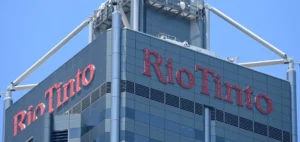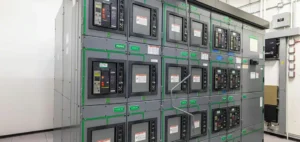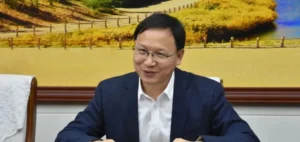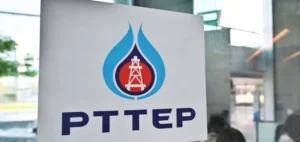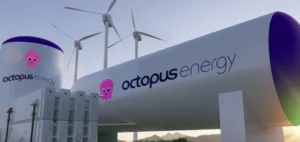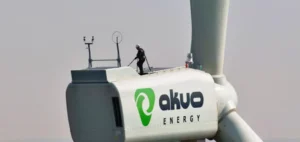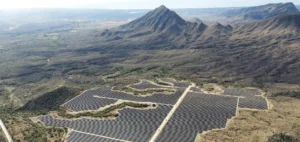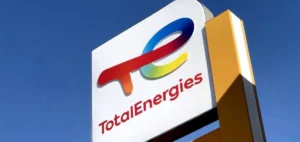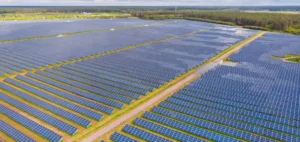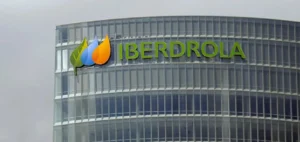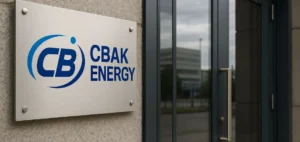In 2024, the Global Battery Alliance (GBA), an organization dedicated to promoting a responsible and circular battery value chain by 2030, concluded one of the most significant cooperative initiatives among the world’s leading battery cell manufacturers. This initiative aims to establish a “battery passport” that standardizes sustainability practices across the global battery supply chain, particularly in the electric automotive sector.
Ten consortia, representing over 80% of the electric vehicle battery market, collaborated with seven digital solution providers to ensure the traceability of seven essential materials: lithium, artificial graphite, aluminum, cobalt, copper, iron phosphate, and nickel. Among the companies involved in the project are industry giants such as Contemporary Amperex Technology Limited (CATL), LG Energy Solution, and Samsung SDI, demonstrating their commitment to enhancing sustainability practices throughout their supply chains.
Objectives and scope of the battery passport
The GBA’s initiative relies on the development of seven “rulebooks” covering critical aspects such as greenhouse gas emissions, human rights due diligence, forced labor, child labor, biodiversity, Indigenous Peoples’ rights, and circular design. These rulebooks establish baseline expectations and best practices to help companies address environmental and social risks within their supply chain.
The “battery passport” aims to provide a standardized reference framework that allows companies to measure and communicate their sustainability efforts transparently. In an era of increasingly strict regulations, including the European Union Battery Regulation coming into effect in 2025, this passport could become a crucial tool for evaluating company compliance.
Independent verification and performance assessment
For the first time, some participants integrated independent verification of their data, strengthening the reliability of the information provided. In total, over 200 sustainability reports were compiled and analyzed. The GBA also implemented a scoring system to quantify companies’ efforts, which in the future could lead to a product-level sustainability certification, offering a comparative evaluation for purchasing and investment decisions based on sustainability criteria.
This process of data collection and verification is based on digital product passports, enabling centralized and comprehensive analysis of information. Battery passports thus aim to generate comparable data across more than 20 categories related to environmental, social, and governance (ESG) criteria in a reliable format.
Toward a global standardization of the battery supply chain
The creation of these passports represents significant progress in harmonizing sustainability criteria globally for the battery sector. Through a collaborative and pre-competitive approach, leading manufacturers can share crucial information without compromising their competitiveness. According to Inga Petersen, Executive Director of the GBA, this project marks a pivotal step toward greater transparency and a more sustainable battery value chain, in line with the GBA’s 2030 vision.
This collaborative model could influence other industrial sectors to adopt similar practices regarding sustainability and transparency. By standardizing expectations and practices, the GBA aims to make the battery passport a global standard of sustainability, enabling stakeholders to objectively assess and compare corporate practices.


